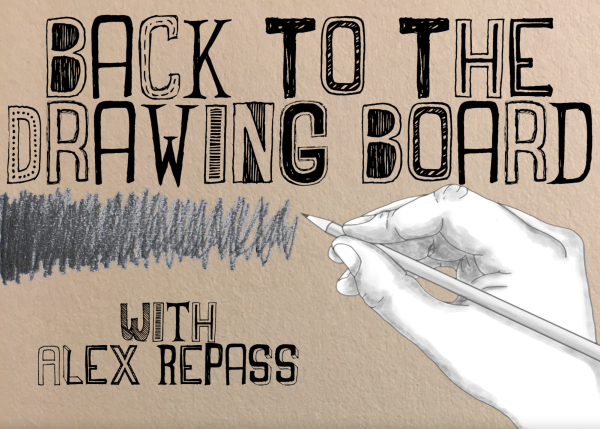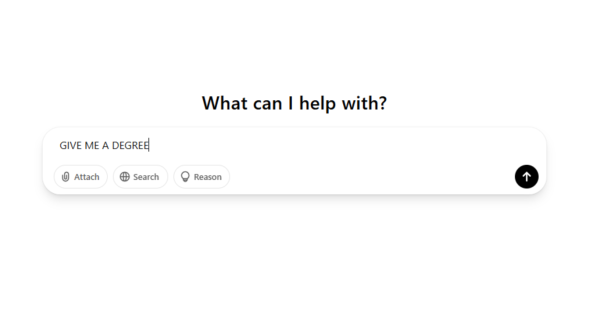Abolishing capital punishment
In the American criminal justice system, the death penalty, also known as capital punishment, is used to punish the most extreme and heinous acts. According to the Death Penalty Information Center, 31 out of the 50 U.S. states still have capital punishment laws in place. I believe that the death penalty should be illegal for five important reasons:
1. Immorality
When we are growing up, we learn the basics when it comes to ethics: treat others the way you want to be treated, sharing is caring, and perhaps the most relevant in this situation: two wrongs do not make a right. No person (or government) should have the power to decide who lives or dies. If we use the death penalty as a form of punishment, then we are no better than these criminals in the first place. What does that say about the government when we punish people by doing the same thing that we are punishing them for? It does not make sense and makes the government look hypocritical and childish.
2. Constitutionality
I believe that the death penalty is a violation of the Eighth Amendment of the U.S. Constitution, which states that any bail or fines imposed must not be excessive and that no cruel and/or unusual punishment can be inflicted. In the dissenting opinion of the Glossip v. Gross case, Associate Justice of the U.S. Supreme Court Steven G. Breyer said, “In 1976, the Court thought that the constitutional infirmities in the death penalty could be healed; the Court in effect delegated significant responsibility to the States to develop procedures that would protect against those constitutional problems. Almost 40 years of studies, surveys, and experience strongly indicate, however, that this effort has failed. Today’s administration of the death penalty involves three fundamental constitutional defects: (1) serious unreliability, (2) arbitrariness in application, and (3) unconscionably long delays that undermine the death penalty’s penological purpose. Perhaps as a result, (4) most places within the United States have abandoned its use…For the reasons I have set forth in this opinion, I believe it highly likely that the death penalty violates the Eighth Amendment.”
3. Fails to Achieve Purpose
One of the main purposes of the death penalty is deterrence. However, there are no reliable statistics that say that it achieves this purpose. How can we continue to use such a controversial practice when there is no credible evidence that proves it accomplishes what it has been established for? Additionally, the type of people who commit crimes that result in the death penalty are not the kind of people who reflect on the consequences of their actions, but instead are people who do not value the lives of others.
4. Innocence
According to the Death Penalty Information Center, since 1973 more than 155 people have been released from death row with evidence of their innocence. In addition, between 1973-1999, there was an average of three exonerations per year; between 2000-2011, there was an average of five exonerations per year. Think about the number of innocent people the death penalty has killed over the years, as these numbers only reflect the number of documented exonerations during these years.
5. Life in Prison is Worse than Death
Another purpose of the death penalty is to punish the criminal to the highest degree possible. However, death is an escape. When you serve a life sentence in prison, you are stripped of your earthly pleasures as every aspect of your life is out of your control. The death penalty allows you to escape the consequences of your actions, as I believe that death is not the worst thing that can happen to a person.
Capital punishment is un-American. As Americans, we hold our freedom near and dear to our hearts. Life in prison takes away this freedom, therefore making it an acceptable punishment for those who have committed unspeakable crimes. We can no longer tolerate a broken criminal justice system that allows this immoral and unconstitutional punishment. I urge everyone to keep this in mind as they take a stance on the death penalty.





